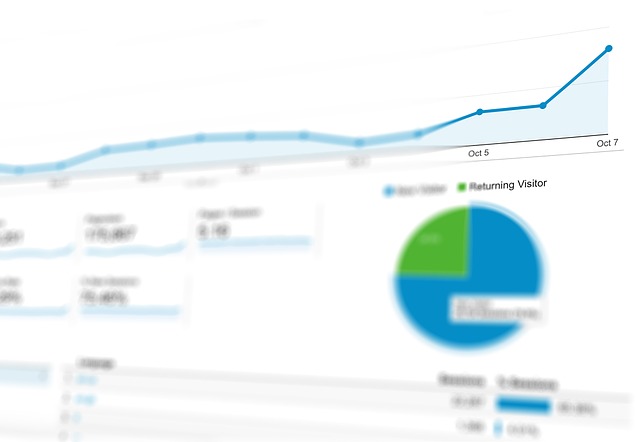We often see counterproductive things happen when lawfirms and accountancy firms do website refreshes, some of which we’ve written about in “7 key things that go wrong with professional services firms’ website redesigns“.
One of the less common but still significant mistakes we see made by web developers is the creation of a completely new Google Analytics account to store information about visitors for the revamped website.
Superficially this might seem reasonable, after all if your website has completely changed what is the point of retaining your old website tracking information?
Not so fast.
If you’re like most lawyers’ or accountants’ firms you are seeking to differentiate yourself from other lawfirms and accountancy firms.
Used in the right way Google Analytics (GA) gives you great insights into pages (articles, bios, or practice group descriptions) where you’ve been successful in differentiating yourself from other firms (sometimes intentionally and sometimes by accident). You’ll see higher volumes of traffic to well differentiated pages and the keyphrases that are used to search for them in GA (60-70% of traffic comes from search to firms in our benchmarking).
Even if your old website was problematic (and the chances are you thought it was or you wouldn’t have redesigned it) there are likely to have been some strong elements and ideally you want to build on those strengths and redevelop the weak areas.
This means it can be helpful to look at what happened to your employment law pages in your analytics after you rewrote them as part of your revamp and compare that to the figures for the same practice area on the old website. If traffic levels dropped significantly to the employment law area, and bounce rates worsened you may want to rethink the contents of these specific pages.
You also may want to do this on a broader level for the whole site. If your search traffic, or traffic from other websites dropped by 25% after the revamp wouldn’t you want to know? And for most firms that implement naive website revamp strategies (such as failing to manage redirects properly which your pre-revamp GA data is also vital for) this is exactly what we see happen in the GA data.
Sure your developer, who has just built the new site (and may have an ongoing maintenance contract with you), may not want to highlight traffic drops, and so may think a brand new GA account is a great idea, but that doesn’t mean it’s the right thing to do.
Even if you want to go to the hassle of opening two different analytics accounts at the same time to compare data (and Google Analytics isn’t built in a way that easily facilitates this by the way) the data is going to be fundamentally different because of small differences across the two accounts over time – like special segments you’ve edited and also because of the nature of the metrics in some cases.
An example on the nature of metrics is New Users versus (existing) Users (see “What’s more important: pageviews, sessions or users?” for definitions of these terms).
Yep, everyone in the new GA account is going to be a New User …, so for example you can’t easily see how your existing clients who went to your site before you revamped are coping with your redesign.
Older Google Analytics accounts (that pre-date 2013) are also more valuable as a source of search phrases as Google greatly reduced the volume of search phrases it showed after that date. You won’t see that old keyphrase data in your new GA account.
Another subtle point relates to future-proofing. Google is a large company that spends a lot of money on R&D – you neither know what future analysis might be possible in looking at long term analytics data, nor do you even know what your own staff might want to do with it in future. So why would you want your data in two separate accounts?
Finally, we know from an SEO perspective that Google looks at a number of ‘authority signals’ in deciding how to rank web pages. Guess what authority signal they have good data on (because they provide it)? Yep, the age and history of your Google Analytics id. Still want to swap it for a new one?
Now it may be that we are missing something, but if your developer really wants to change your Google Analytics account isn’t it at least worth asking them why they want to do this?
If you get a good answer to this question (and by the way that’s not because you’ve lost access to GA as it’s possible to retrieve it from Google or even transfer GA accounts (Properties) between organisations as of late 2016) please contact us, as we’d love to know what the reason is.





